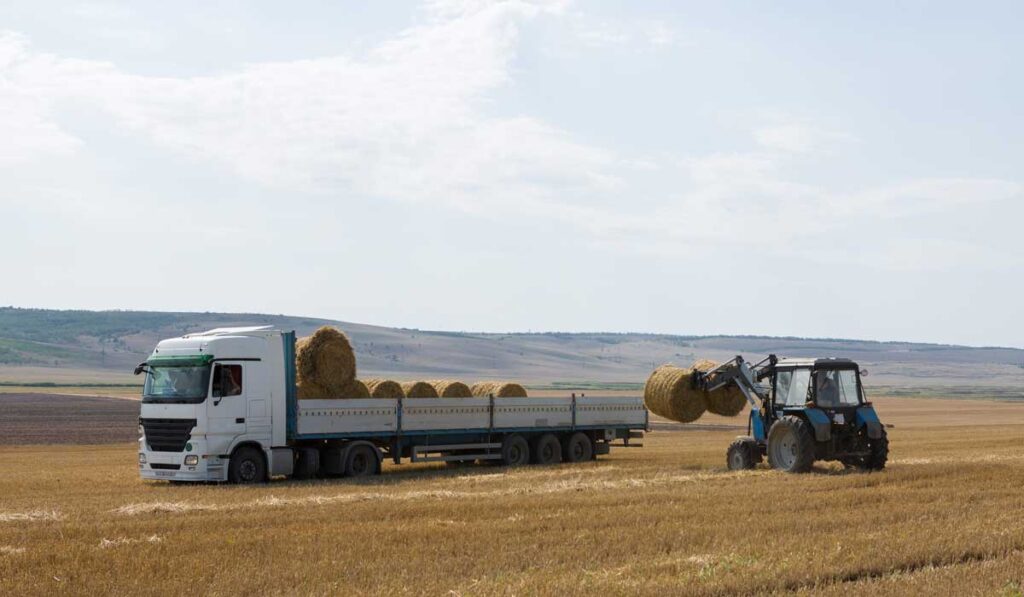Agribusiness is a vital sector for the Brazilian economy, with exports totaling US$ 159.09 billion in 2022 alone. In view of this considerable volume, there has been much debate about the amount of tax to be applied in these negotiations – which recently led to yet another controversy in the state of Tocantins over the suspension obtained by the Brazilian Association of Soybean and Corn Producers regarding the increase in taxes on exports and outgoing products, claiming that the act was unconstitutional.
State law No. 3.617/19 required taxpayers who carry out outbound and export operations of products of plant origin linked to the State Transportation Fund (FET) to pay a percentage of the value of the operation highlighted in the tax document. The fund, which has nothing to do with the use of roads or highways, established a rate of 0.2% on these operations – which would, according to the proposal, rise to 1.2% on the hypothesis that is already provided for ICMS, giving the collection the compulsory character typical of taxes.
As a justification, the state of Tocantins itself argued that the charge is a public price (toll) so that it could be introduced on all operations involving the exit or export of regional products of plant, mineral or animal origin. However, the decision has a strong tax character and is characterized as an identical taxable event to that used by the ICMS, as well as having all the requirements of a tax, which therefore determines it as an unconstitutional act – taking into account that the contribution to the FET is a tax not provided for in the Federal Constitution with undue linkage of the funds collected.
Although incoherent, this was not a new decision. Other states have already instituted similar contributions to funds similar to the FET – however, they were not compulsory, which removed them from the concept of a tax so as not to constitute illegality in the collections made.
At the same time, the increase in the amount established by the state of Tocantins in its rate on operations that send goods abroad can also be seen as an unconstitutional determination, since the Federal Constitution expressly prohibits the levying of state tax in situations of this kind. In the midst of such inconsistencies, the consequences affect not only the producers themselves, but consequently the final price paid by the consumer and, inevitably, the national economy as a whole.
The controversy surrounding these developments led the Brazilian Soybean Producers Association to file a Direct Action of Unconstitutionality before the Supreme Court, and also led the Attorney General’s Office to issue an opinion in favor of taxpayers, stating that the fund’s collection was unconstitutional. The lawsuit, however, has not yet been judged.
Although there is still no definitive answer, it is a fact that the compulsory contribution to the State Transportation Fund created by the state of Tocantins is illegal, since it is an addition to the ICMS tax that can lead taxpayers to seek a refund of amounts already paid and exemption from future payments. This is an issue that still needs to be reviewed, seeking a decision that does not harm professionals in this sector and their operations in a segment that is so essential for the maintenance and growth of the Brazilian economy.








